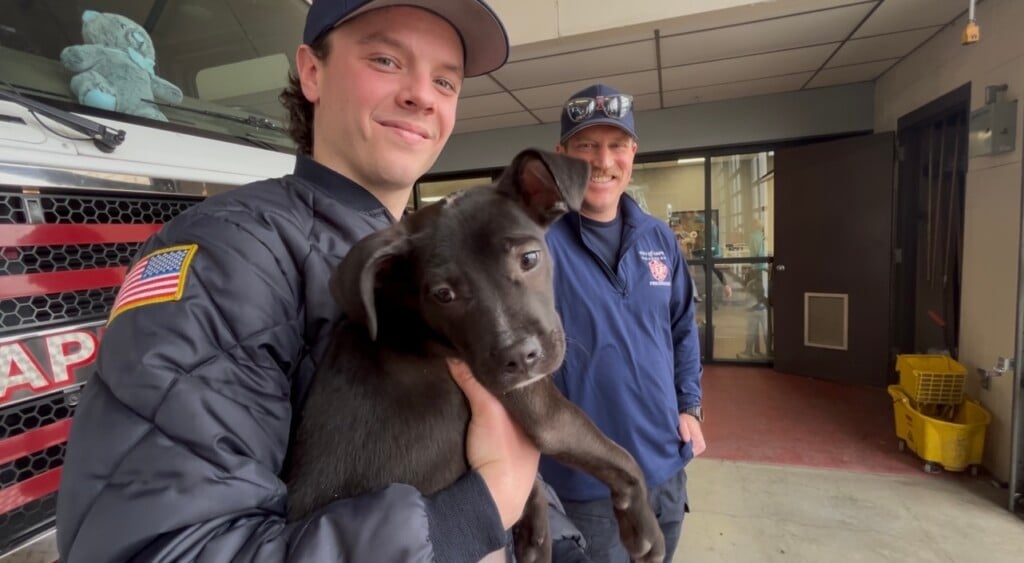BBB warns of ‘grandparent scams’ as Defiance man tied to international fraud case
KBSI FOX23 News at 9 p.m.
ST. LOUIS, Mo., (KBSI) — Following charges against 13 people in connection with an international fraud ring, including a man from Defiance, Missouri, the Better Business Bureau is warning consumers to be cautious of so-called “grandparent scams.”
The scams, also known as emergency scams, exploit concern for loved ones by impersonating family members in urgent situations. Scammers may call, leave voicemails or send messages claiming a relative is in trouble and needs money immediately.
The scheme has become more sophisticated with the use of artificial intelligence and “voice cloning,” which allows fraudsters to mimic a loved one’s voice.
Federal prosecutors said the 13 individuals operated a call center in the Dominican Republic with accomplices across the U.S. The group allegedly targeted older adults, posing first as a grandchild in an accident and later as the grandchild’s attorney. Victims were then told to hand over money to a runner or rideshare driver sent to their home. In many cases, victims were contacted multiple times and pressured for more payments.
“This is an unfortunate case of scammers using a false sense of urgency to trick people,” said Michelle L. Corey, president and CEO of the BBB in St. Louis. “If you’re not sure about a phone call or message, hang up and double check. Call the person the message seems to be from at a number you trust and ask them if it’s real.”
The BBB said its Scam Tracker has fielded similar reports, including a case in spring 2025 when a Naylor, Missouri woman lost $125 after receiving an email from someone pretending to be a family member. She paid with a prepaid gift card and was unable to recover the money.
The BBB offers several tips to protect against emergency scams:
Verify the source. Call the person directly using a trusted number if you receive an urgent message.
Pause before acting. Scammers count on fear and urgency. Take a moment to confirm the story.
Use a family “safe word.” A private code can help confirm genuine emergencies.
Trust your instincts. Ask a friend or relative for a second opinion if a call feels suspicious.
Limit exposure. Register your number on the “Do Not Call” list, reduce public sharing of audio and consider changing numbers if targeted often.


